Survival skills for students cannot be delayed
General Secretary To Lam recently requested theeducation sector and localities to prepare conditions for teaching two free sessions per day at primary and secondary schools, starting from the 2025-2026 school year. Many opinions suggest that the second session in schools should teach survival skills to children, to help them be aware of risks and have skills to ensure their own safety.
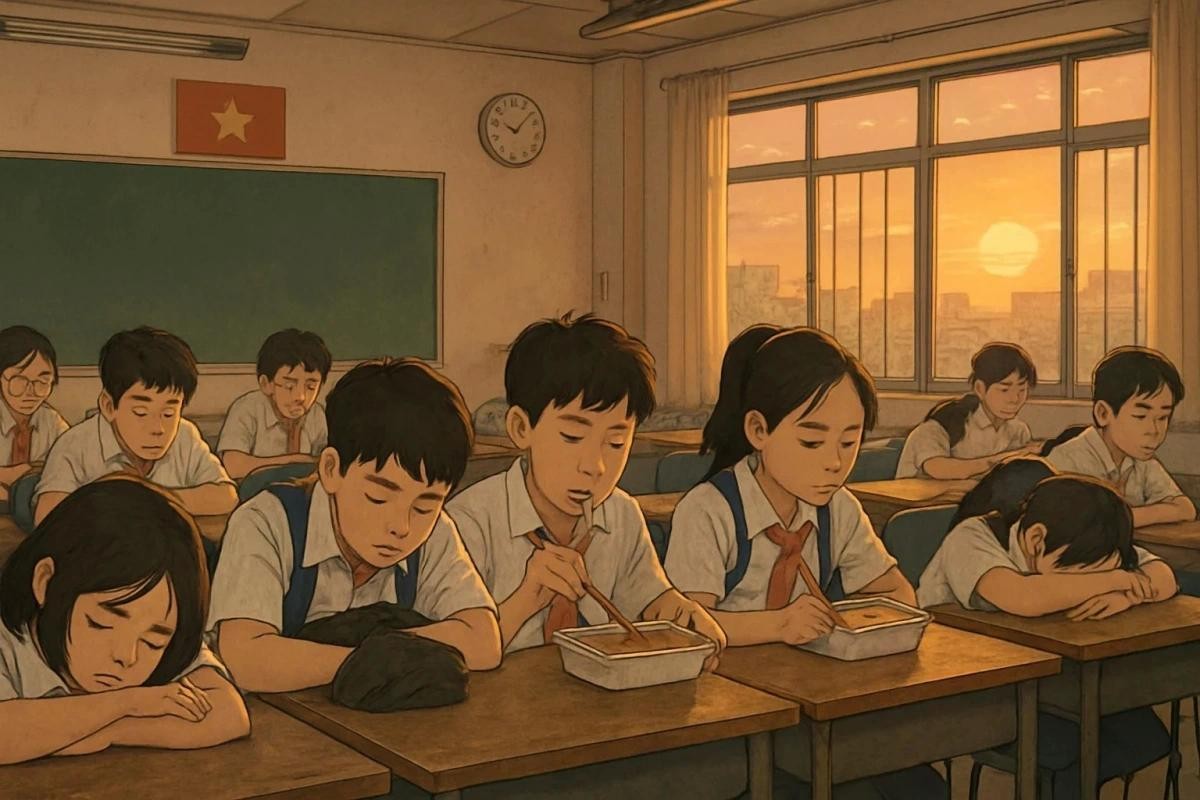
Students are tired after school hours, hurrying to eat to make it to extra classes (Illustration photo).
Images of tired students after school hours or rushing to eat dinner to catch up with extra classes at centers are easy to see anywhere in urban areas such as Hanoi and Ho Chi Minh City. Most life skills classes are arranged on weekends or “wait” until summer vacation, while this is a very practical need of many students:
"I think learning theory at school is too much, so learning life skills will be more applicable in real life."
"I like to learn sports like swimming and basketball. I also want the school to add more physical education classes in the afternoon so that students can learn and experience more."
Only a few weeks left until students enter summer vacation, but there have been a series of tragic drowning and traffic accidents involving students. Therefore, according to Ms. Lan Huong, in Ba Vi, Hanoi, it is necessary to focus on teaching safety skills to children:
"Now that it's summer, you guys go swimming a lot, especially those who live in the countryside or have rivers, lakes, ponds, and streams. Schools should also focus on teaching soft skills, life skills, swimming lessons, or other activities at school. You guys will stay at school and do extracurricular activities together, not gather to play unsafely anymore."
According to Ms. Hong in Ha Dong district, students in urban areas today mostly focus on studying culture, rarely participate in family activities and lack self-care skills:
"In my opinion, we should combine teaching knowledge in the afternoon to reduce the load of the main class and combine teaching soft skills. For example, instructions on helping parents with housework or escape skills or dangers when participating in traffic on the street, fire prevention skills. The skills you learn at school will be better."
Ms. Nguyen Thi Lan, a junior high school teacher in Quang Binh province, supports the requirement of two-session classes per day from the next school year. However, the plan to arrange subjects and study time for students must depend on the physical facilities of each school. Ms. Nguyen Thi Lan said:
"In the morning, students can study quite stressful cultural subjects. In the afternoon, we should arrange life skills education subjects, arts, physical education, and experiential activities, thereby creating a comfortable spirit and mindset for students. Participating in artistic activities, physical education, and health training for students, students can go to school and interact, thereby creating a spirit of solidarity and learning among students."
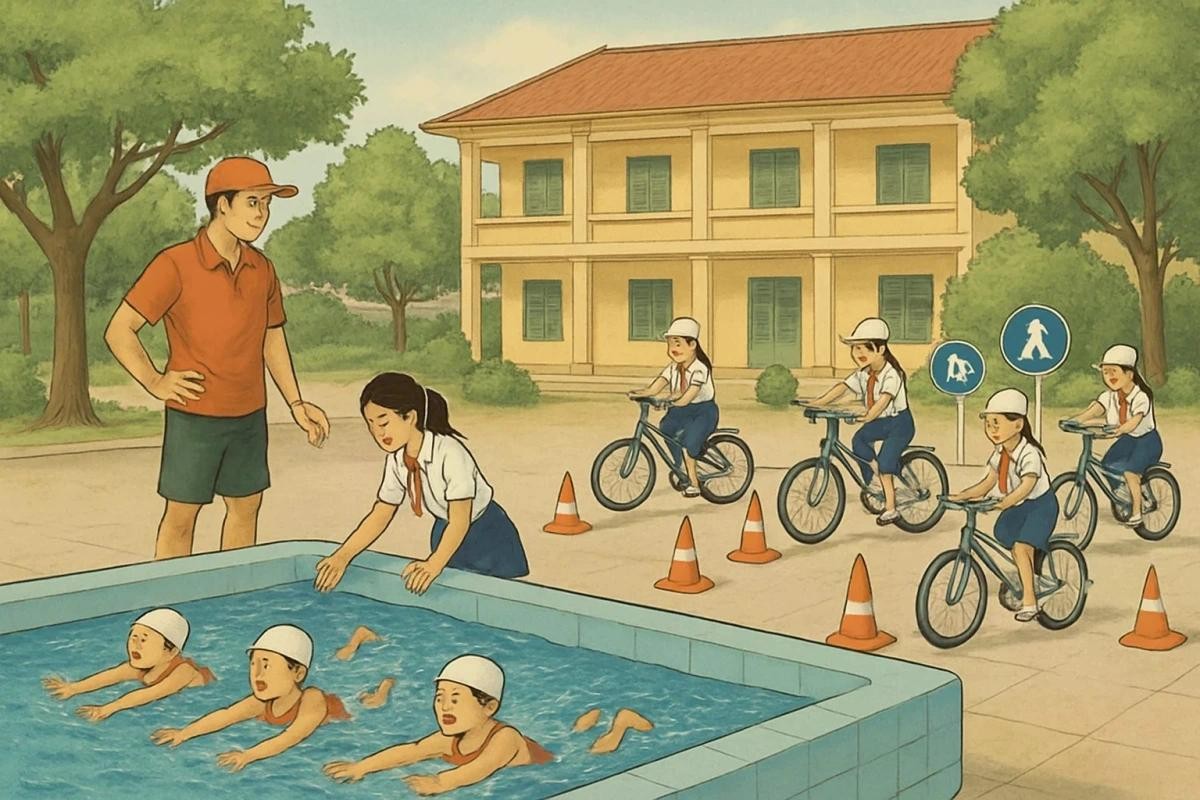
Life skills education helps students learn how to protect themselves safely during the summer (Illustration photo).
The 2018 general education program has been designed according to a model with subjects of experiential activities in schools. However, in order for this experiential activity to be effective, Dr. Vo The Quan, Chairman of the Board of Dong Do High School, said that it is necessary to coordinate with soft skills and life skills education classes for students. Life skills education is a very important task of the education and training sector today:
"Currently, in addition to cultural knowledge, skills education is extremely important. Even soft skills today have practical value, affecting the success of students after adulthood, after entering life more than the knowledge content that they acquire in high school. Therefore, soft skills education for students has become an important content in high schools."
Each locality and each region has different geographical conditions and living environments. Therefore, Dr. Nguyen Ngoc Linh, working at the Department of Education, Central Propaganda and Mass Mobilization Committee, believes that it is necessary to develop life skills education programs based on actual conditions:
"I think this policy is extremely correct and important and I hope that localities and schools will arrange for training programs to put these skills into practice as soon as possible. Schools and local education and training departments need to study the characteristics of their localities and cities to build important skills to help children adapt to their local living environment."
According to Associate Professor Nguyen Kim Hong, former Principal of Ho Chi Minh City University of Education, life skills education is currently being integrated into subjects. However, if the next school year implements a two-session school day, then preparation is needed to teach life skills in schools.
"If there is an additional class session, it is possible to organize very different classes. First of all, there must be a classroom, and there must be a class with two sessions a day. Teaching skills to students is becoming more and more standardized. There must be a very specific program and orientation in the teaching process for primary and high school students. There must be a team specializing in teaching life skills."
Citing the experience of some countries in the world, Associate Professor Nguyen Kim Hong said that more than 20 years ago, Singapore had organized sessions to teach speaking skills, cooperation skills, etc. to students. Meanwhile, European countries organize 3-7 day experience sessions for students every semester, without the participation of parents, to improve students' independence, planning skills, and teamwork skills.
Currently, the country has about 25 million children, accounting for 25.5% of the population. Life skills education has been introduced into schools, but the duration is still limited and not systematic, while the number of children who have accidents and injuries is at a high level.
Therefore, it is necessary to improve the duration and quality of survival skills education in schools in the coming time.
Source: https://baolaocai.vn/kien-thuc-hoc-cham-khong-sao-nhung-ky-nang-sinh-ton-khong-the-cham-post402017.html


![[Photo] Prime Minister Pham Minh Chinh chairs the Government's special meeting on law-making in May](https://vphoto.vietnam.vn/thumb/1200x675/vietnam/resource/IMAGE/2025/5/22/1c880aae96fd4e0894abc47a46fe19ba)
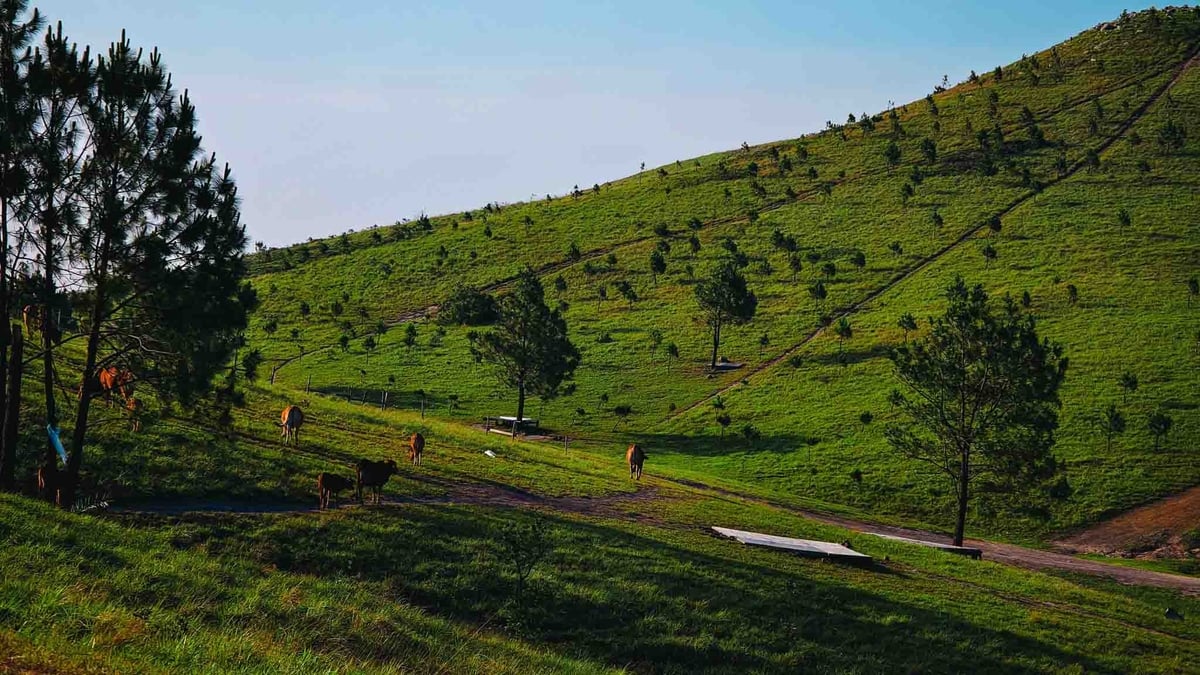



![[Photo] General Secretary To Lam works with the Central Inspection Commission](https://vphoto.vietnam.vn/thumb/1200x675/vietnam/resource/IMAGE/2025/5/22/54820e91fd124c4cb691961718c4ee5d)






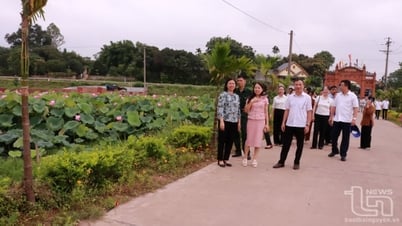

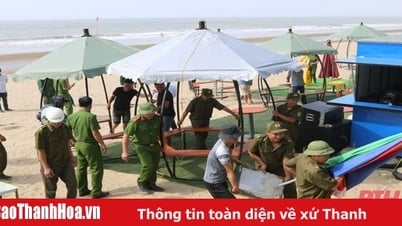







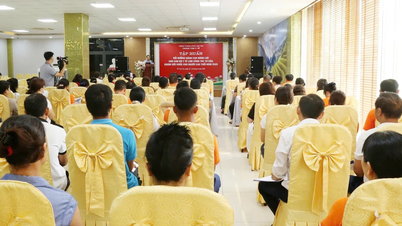
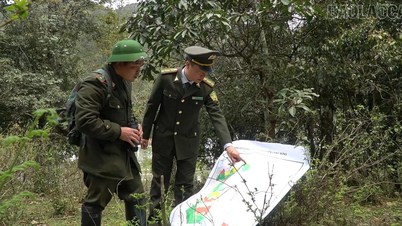
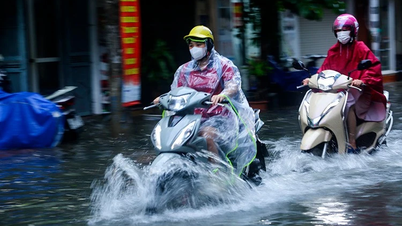
![[PHOTO] Discover the beauty of Goc Gang cave](https://vphoto.vietnam.vn/thumb/402x226/vietnam/resource/IMAGE/2025/5/22/e6d55a187b324f97b777d7425b92fa1e)
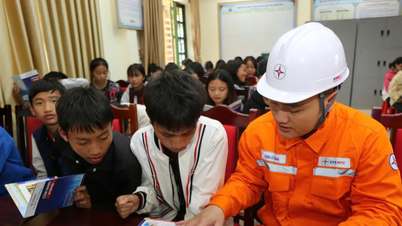
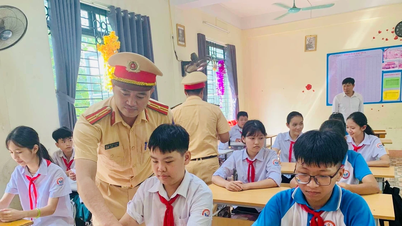































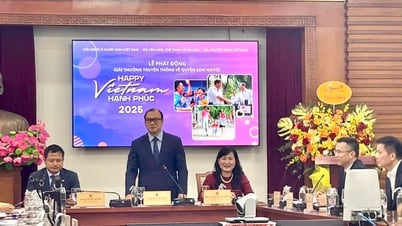






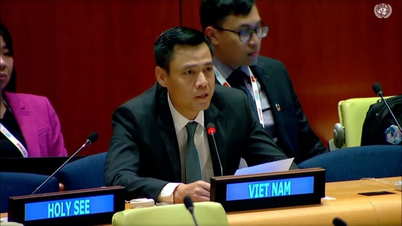



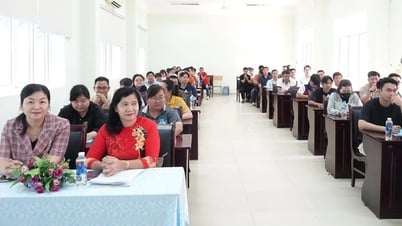





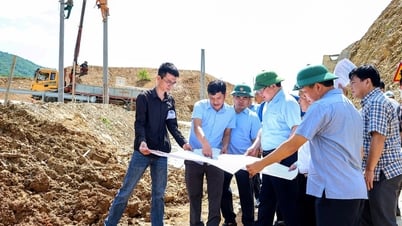







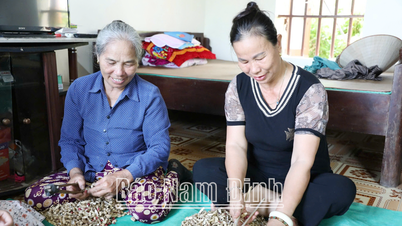







Comment (0)